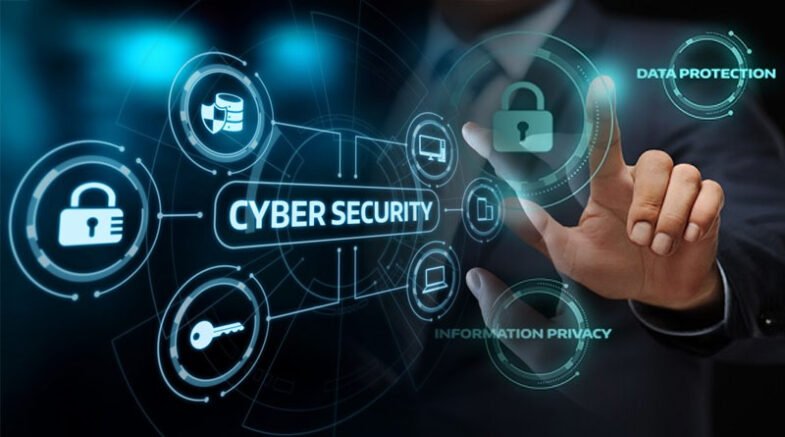NEPRA Chairman Tauseef H. Farooqi stated that cybersecurity risk management is an ongoing process in which everyone in an organisation plays a role.

The National Electric Power Regulatory Authority (NEPRA) hosted a webinar on “Cybersecurity Roadmap: A Practitioner’s Approach” on Wednesday with the goal of raising awareness about the importance of cybersecurity among power entities in the public and private sectors.
According to a statement issued here, the webinar was led and addressed by Chairman NEPRA, Tauseef H. Farooqi, who was followed by Nauman Mushtaq, Team Lead CRC Lab at Bahria University, and Mr. Sohail Hyder, Head of Cyber Security, M/s Supersecure.
The emphasis on the “importance of cybersecurity” in the private and public sectors highlights the growing concern about cyber attacks or breaches becoming more sophisticated and frequent as digitalization and internet connectivity increase.
A large number of power sector professionals, trade and business representatives, and NEPRA professionals attended the webinar.
In his keynote address, NEPRA Chairman Tauseef H. Farooqi stated that cybersecurity risk management is an ongoing process in which everyone in an organisation plays a role.
“We have to understand the impact of cyberattacks on power sector installations and their subsequent impact on our economy.” He went on to say that in order to become a cyber-resilient organisation, we must align our cyber risk management with business needs and implement best practises.
Mr. Nauman Mushtaq and Sohail Hyder provided participants with information on cybersecurity risk assessment methodologies and frameworks such as ISO 27001, Cyber Kill Chain, and MITRE-ATT&CK frameworks’ processes, myths, and facts of operational technology (OT).
They also suggested short and long term roadmap for achieving the compliance of NEPRA IT/OT Cybersecurity Regulations.
As more and more organisations and individuals rely on digital systems and networks to conduct business, share information, and access services, the risk of cyberattacks and breaches has also increased.
Cybercriminals and other malicious actors can use a variety of techniques, such as phishing scams, malware, and ransomware, to gain access to sensitive information and disrupt operations. The private sector and public sector are both at risk of cyberattacks, and both have important assets and information to protect.
As a result, there is a growing need for robust cybersecurity measures in both sectors to help prevent and respond to cyber threats.
